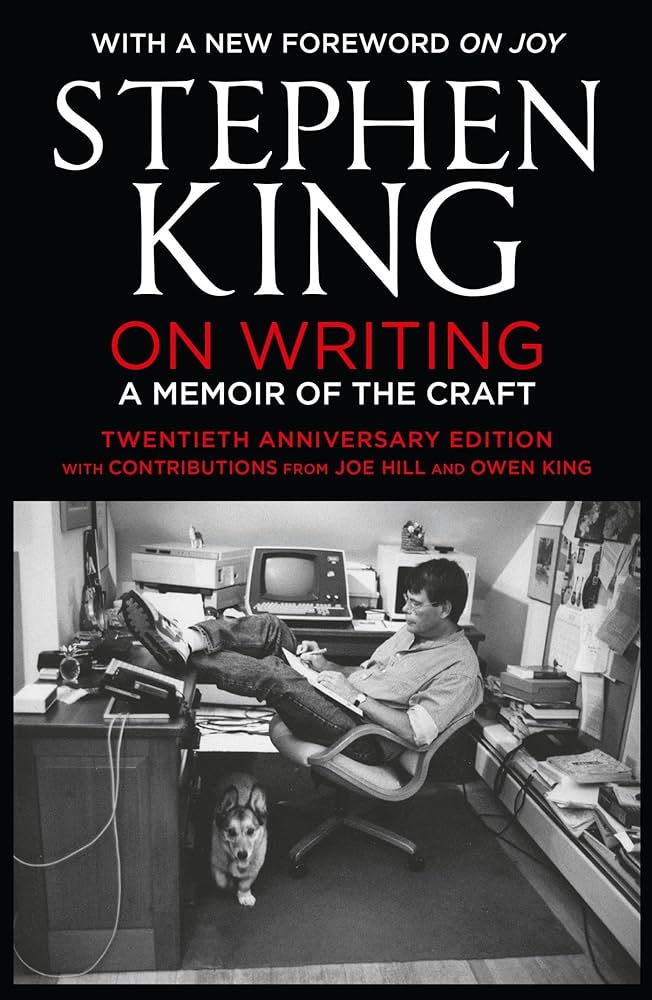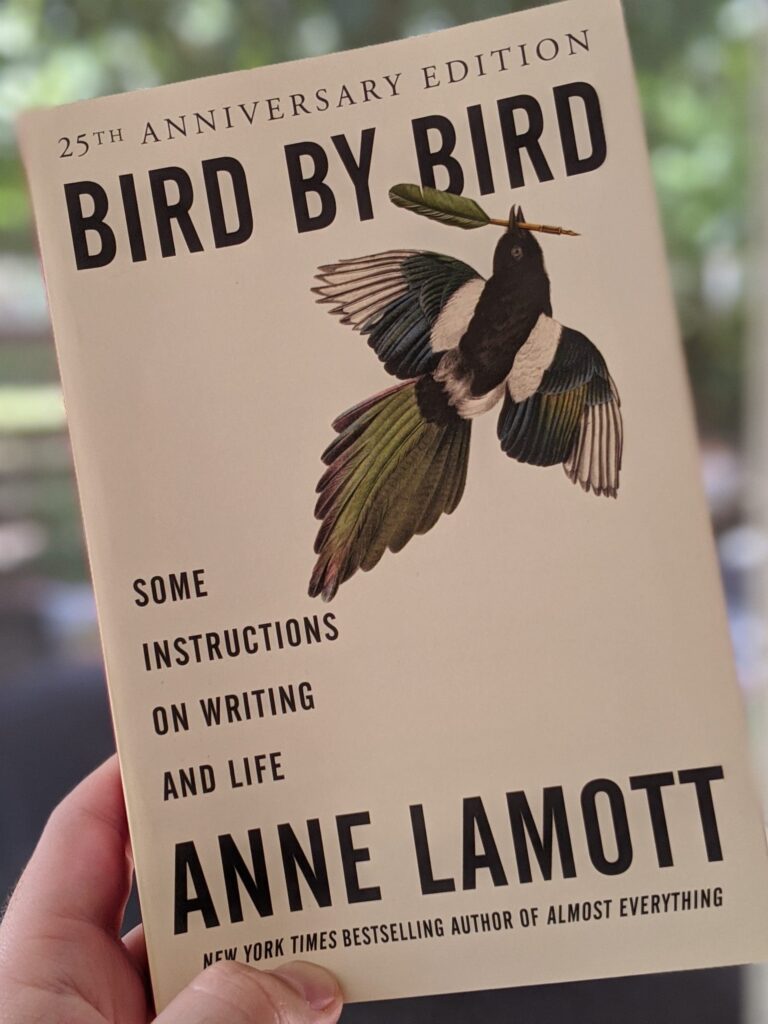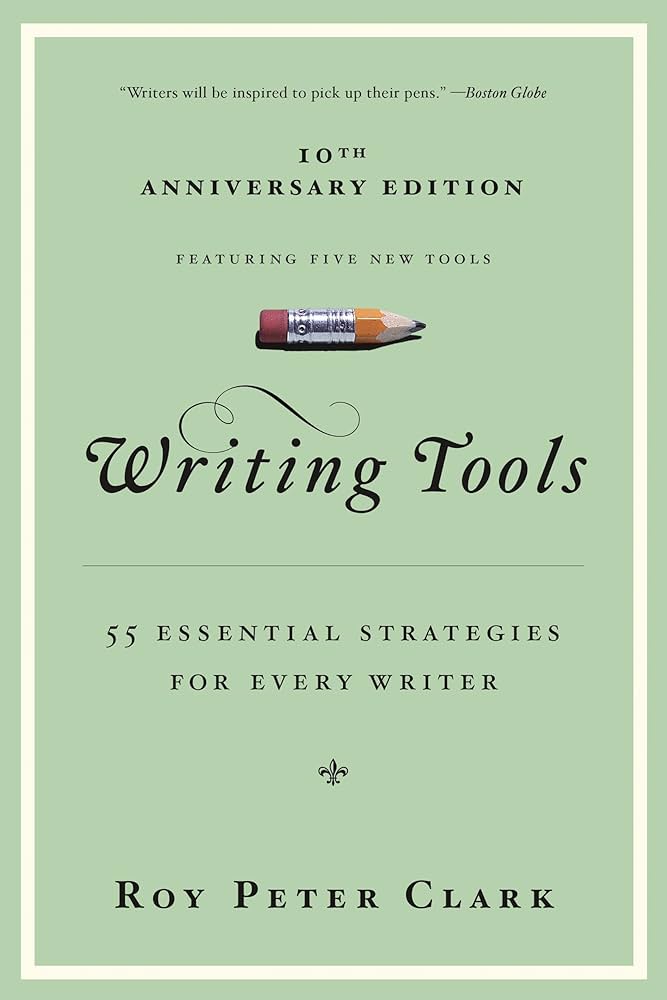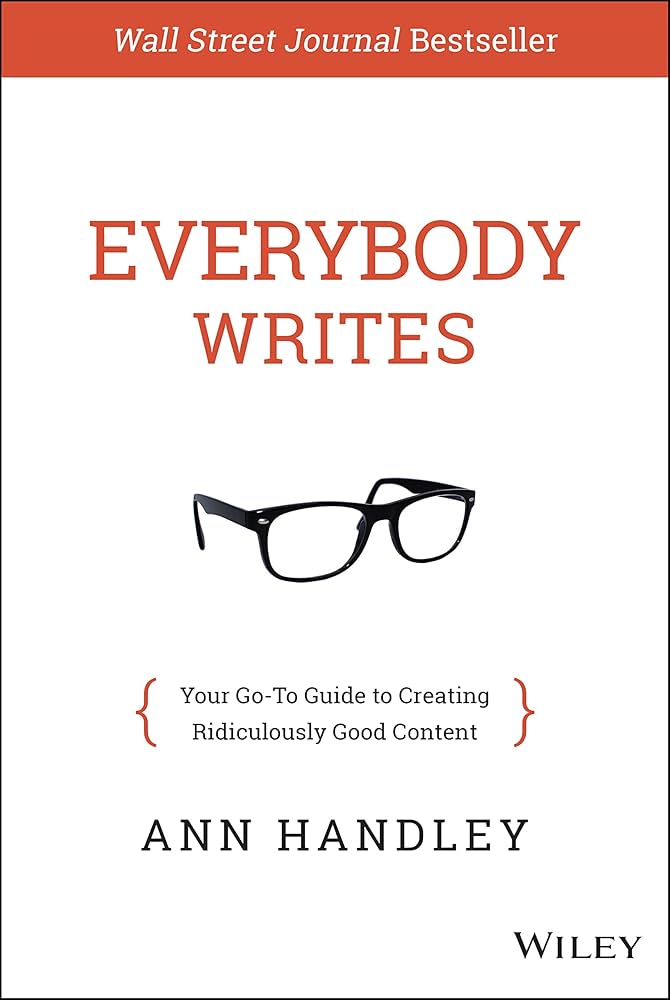
Table of Contents
ToggleBest book for Developing Writing skills is a must for any writer or those who are aspiring ones.
But before picking any book to improve your craft you must understand what a precious craft God gives you. So, in that perspective firstly we will understand.
What Are Writing Skills and How Can You Develop Them?
Writing skills are your ability to express ideas, thoughts, and information in a way that’s clear, structured, and engaging. It involves more than just knowing grammar or vocabulary— it is about how you connect with others through your words, whether it’s for storytelling, professional communication, or sharing knowledge.
Now, let’s talk about developing these skills. It starts with understanding their importance in everything you write. Think of it as unlocking the potential of language—learning how to shape your ideas in a way that resonates with others. Developing writing skills is about appreciating the art of writing, mastering the basics of style and structure, and being ready to grow through practice and learning.
Remember writing is not about perfection; it’s about progress and in this journey some best books for developing writing skills will become your mate.
Here you have a basic idea of your gifted craft and development of the craft.
Now let’s understand the ways to Improve your writing skills.
To become a better writer, consider these actionable strategies:
Read Regularly: Reading diverse materials helps expand vocabulary and exposes you to different writing styles.
Write Daily: Consistent practice sharpens your skills and builds confidence.
Learn Grammar and Style: Brush up on grammar rules and explore guides like The Elements of Style.
Seek Feedback: Share your work with peers or mentors for constructive criticism.
Edit and Revise: Always refine your drafts to improve clarity and coherence.
Use Writing Prompts: They spark creativity and help overcome writer’s block.
Take a Course: Enroll in writing workshops or online courses to learn from experts.

Writing is an essential skill that transcends industries, careers, and creative pursuits. Whether you’re a budding novelist, a student, or a professional looking to improve your communication, honing your writing skills can open doors to countless opportunities. But with an overwhelming array of resources, how do you choose the best book for developing writing skills?
So, in this dedicated article, we’ll explore top-notch books that cater to diverse needs, provide actionable tips, and delve into why the right book is crucial to transform your writing journey.
Why Improving Writing Skills Matters
In the digital age, clear and effective communication is paramount. Writing isn’t just for authors or journalists; it’s a skill that impacts your personal and professional life.
Because Good writing:
Enhances communication: Convey your thoughts clearly and persuasively.
Boosts career opportunities: Employers value candidates who write well.
Builds confidence: Strong writing can empower you to express ideas fearlessly.
Ignites creativity: The more you write, the better you harness your creativity.
Here you got an idea that how and why a right book is important to improve your craft. Now let’s understand what are the characteristics of the best writing book and just after that we jump into the section of the best book for developing writing skills for which you are reading this very article.
Characteristics of the Best Writing Books
A high-quality writing book isn’t a one-size-fits-all solution. The best book for developing writing skills should offer:
Clarity and simplicity: Easy-to-understand language and practical advice.
Engaging content: A conversational tone that keeps you motivated.
Customizable tips: Exercises or examples tailored to various writing goals.
Proven methods: Strategies from renowned authors or experts.

Here are some Top Picks for the Best Books for Developing Writing Skills
- On Writing: A Memoir of the Craft by Stephen King
Stephen King’s On Writing is a hybrid of memoir and practical writing guide. King shares his journey as a writer and provides actionable advice for anyone looking to enhance their storytelling abilities.
What makes it great?
It focuses on the importance of routine and discipline.
Emphasizes cutting unnecessary fluff to create sharper narratives.
Includes practical exercises to strengthen your prose.
Best for: Aspiring fiction writers and those who enjoy learning through storytelling.
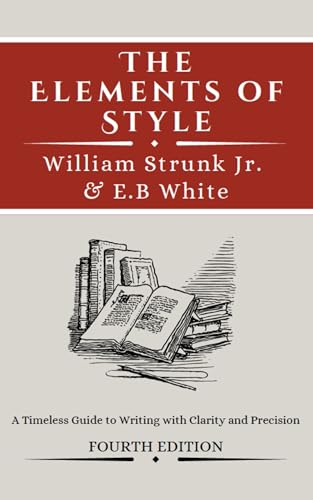
The Elements of Style by William Strunk Jr. and E.B. White
A classic must-have for writers, The Elements of Style covers the rules of grammar, punctuation, and style in a concise format.
Why it stands out:
A no-nonsense guide to the mechanics of writing.
Offers timeless advice on clarity, brevity, and avoiding common errors.
Perfect for polishing technical writing skills.
Best for: Writers at all levels, especially those focusing on academic or professional writing.
Bird by Bird: Some Instructions on Writing and Life by Anne Lamott
Anne Lamott’s Bird by Bird combines wit, wisdom, and warmth, making it a beloved choice among writers.
Why readers love it:
Encourages writers to embrace imperfection and find their unique voice.
Provides a realistic approach to overcoming writer’s block.
Offers humorous anecdotes that resonate with beginners and seasoned writers alike.
Best for: Creative writers and those struggling with self-doubt.
Writing Tools: 50 Essential Strategies for Every Writer by Roy Peter Clark
This book is a treasure trove of practical strategies to improve writing skills, regardless of your niche.
Key highlights:
Breaks down complex writing concepts into digestible lessons.
Offers exercises to apply each tool in real-life scenarios.
Covers everything from word choice to narrative structure.
Best for: Writers seeking a versatile, hands-on approach.
Everybody Writes: Your Go-To Guide to Creating Ridiculously Good Content by Ann Handley
In the content-driven digital era, Ann Handley’s ‘Everybody Writes’ is an essential guide for marketers, bloggers, and entrepreneurs.
Why it’s worth reading:
Focuses on crafting compelling online content.
Teaches SEO writing, email marketing, and social media communication.
Packed with real-world examples and actionable tips.
Best for: Content creators, marketers, and business writers.
Here you check some best books for developing writing skills but now the question arises which book is best for you? Here you have to choose the book according to your needs and goals. For your help, below are some questions by which you are able to choose the best ones that suit you.
So, how to Choose the Best Book for Your Writing Goals
Choosing the right book depends on your specific needs and aspirations. Therefore before picking a book ask yourself:
What’s your purpose? Do you want to write novels, improve grammar, or excel in digital content creation?
What’s your skill level? Beginners may need a simpler guide, while advanced writers can benefit from in-depth resources.
What inspires you? Look for authors whose tone and style resonate with you.
Practical Tips to Maximize Your Learning
Reading a great writing book is only half the battle. Here’s how to make the most of it:
Take notes: Highlight key takeaways and jot down ideas for practice.
Practice daily: Consistency is key to improving your writing.
Join a community: Share your work with fellow writers for constructive feedback.
Experiment: Apply different techniques to discover what works best for you.
Honorable Mentions: More Books Worth Exploring
Zen in the Art of Writing by Ray Bradbury: A motivational read for creative writers.
Grammar Girl’s Quick and Dirty Tips for Better Writing by Mignon Fogarty: A handy guide for brushing up on grammar.
Save the Cat! Writes a Novel by Jessica Brody: Ideal for aspiring screenwriters and novelists.
Conclusion
The best book for developing writing skills depends on your unique goals and preferences. From Stephen King’s engaging anecdotes to Ann Handley’s practical advice for digital content, there’s a book out there tailored to your needs. Remember, improving your writing is a journey, not a destination. Choose a book that speaks to you, put its lessons into practice, and watch your writing skills soar.
Ready to get started? Now pick a book, grab a notebook, and begin crafting words that leave a lasting impact! And if you want to learn ‘How you can create a positive writing environment’ then don’t miss this informative read.
FAQs
1.What Are the Top 5 Writing Skills?
Here are five fundamental writing skills every writer should master:
Clarity: Ensure your writing is easy to understand. Avoid jargon and ambiguity.
Grammar and Punctuation: Use proper grammar, punctuation, and sentence structure.
Creativity: Develop engaging and original ideas that captivate your audience.
Research Skills: Gather credible information to add depth and authenticity.
Editing and Proofreading: Polish your work to eliminate errors and refine your message.
2.What Does Development of Writing Mean?
The development of writing refers to the gradual improvement of your writing ability over time. It encompasses:
- Learning foundational skills like spelling, grammar, and sentence construction.
- Progressing to advanced techniques, such as storytelling, persuasive writing, and content creation.
- Adapting writing styles to match different contexts and audiences.
- What Are the 5 Stages of Writing Development?
Prewriting: Brainstorming and planning your ideas before drafting.
Drafting: Turning your ideas into a rough, unpolished first version.
Revising: Improving content by reworking structure, flow, and clarity.
Editing: Correcting grammar, punctuation, and other technical errors.
Publishing: Sharing the final version with your intended audience.
- What Are the 7 Stages of Writing?
Planning: Outlining ideas and structuring the content.
Drafting: Writing the initial version of your piece.
Sharing: Getting feedback from others on your draft.
Revising: Making significant changes to improve coherence and impact.
Editing: Focusing on technical accuracy and readability.
Finalizing: Preparing the polished version for submission or publication.
Publishing: Delivering your work to its intended audience, whether online or in print.
- What Are the 5 Basics of Writing?
Purpose: Clearly define why you’re writing and who your audience is.
Structure: Organize content logically with a strong introduction, body, and conclusion.
Clarity: Use straightforward language to convey your message.
Grammar: Ensure sentences are grammatically correct and punctuated properly.
Tone: Match the tone to the purpose—formal, casual, persuasive, or informative.
6.What Are the 7 Rules of Writing?
Know Your Audience: Tailor your content to meet their expectations and needs.
Be Concise: Avoid unnecessary words or overly complex sentences.
Start Strong: Hook your reader with an engaging opening.
Edit Ruthlessly: Cut out fluff and focus on what adds value.
Stay Consistent: Maintain a consistent tone, style, and format.
Practice Regularly: Writing often improves skill and confidence.
Read More: Great writers are avid readers who draw inspiration from others.
These concise, engaging pointers aim to guide readers through every aspect of writing skill development, making it easier for you to improve step by step!

